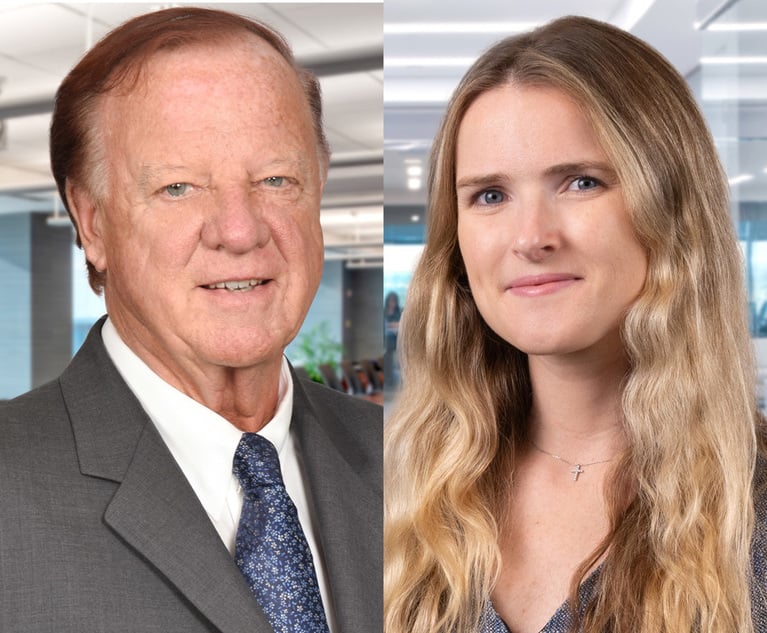It is a general rule of law that death ends any trade or business in which the decedent was the sole owner (see e.g., Willis v. Sharp, 113 N.Y. 586, 21 N.E. 705 [1889]; Matter of Glass’ Estate, 134 Misc. 291, 235 N.Y.S. 299 [1929]; Matter of Ferrante’s Estate, 190 Misc. 788, 74 N.Y.S.2d 778 [1947]; see also SCPA § 2108). A fiduciary does not have automatic authority under EPTL §11-1.1 to continue a business of a decedent, incur obligations and thus render the estate liable (see EPTL §11-1.1; Willis v. Sharp, 113 N.Y. 586, 21 N.E. 705 [1889]).
However, courts have stated that a fiduciary has an inherent authority to temporarily continue a business for the limited exceptions of converting business assets to cash for the benefit of the estate (see Willis v. Sharp, 113 N.Y. 586, 21 N.E. 705 [1889]) or “obtaining the best possible sale or disposition of the business” (see In re Ridosh’s Estate, 5 A.D.2d 67, 169 N.Y.S.2d 54 [3d Dep't 1957], decree modified on other grounds, 7 A.D.2d 534, 185 N.Y.S.2d 80 [3d Dep't 1959]).


 Former Judge C. Raymond Radigan, left, and Tara Mahon, right, of Ruskin Moscou Faltischek. Courtesy photos
Former Judge C. Raymond Radigan, left, and Tara Mahon, right, of Ruskin Moscou Faltischek. Courtesy photos




